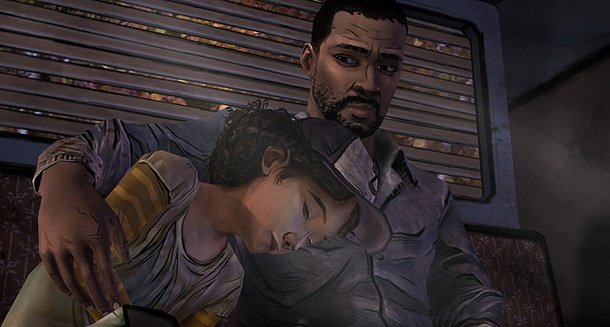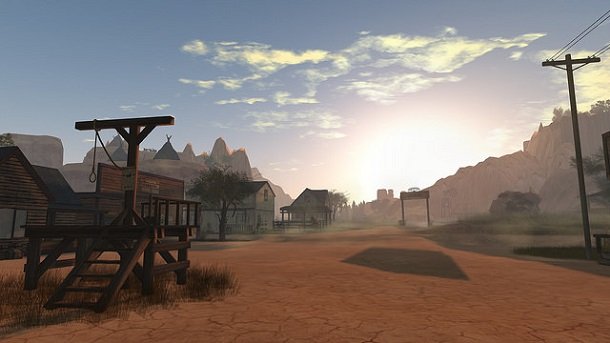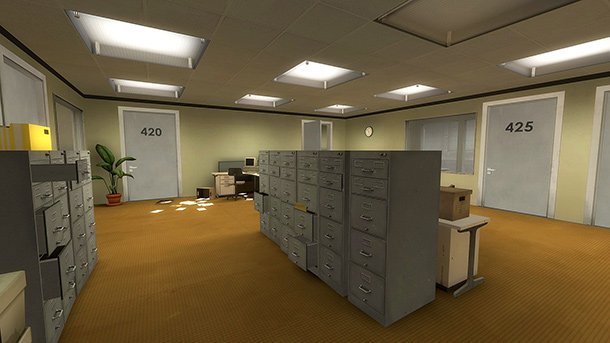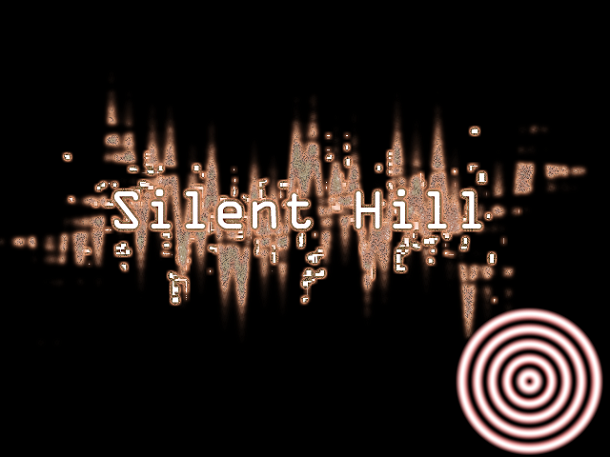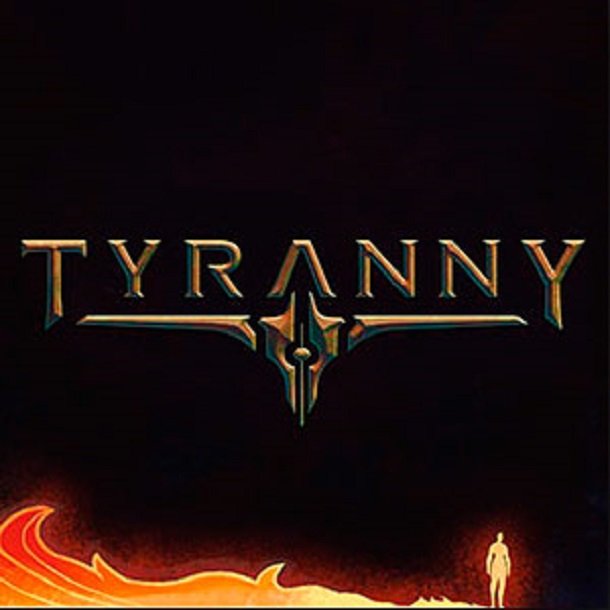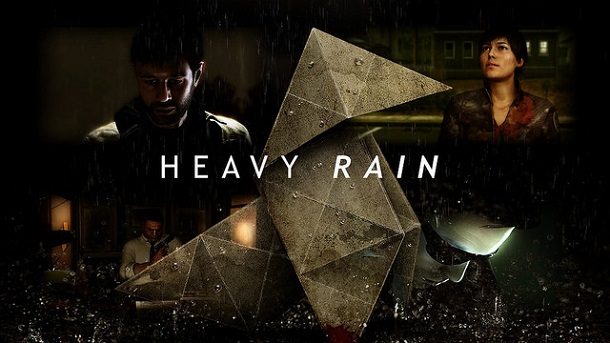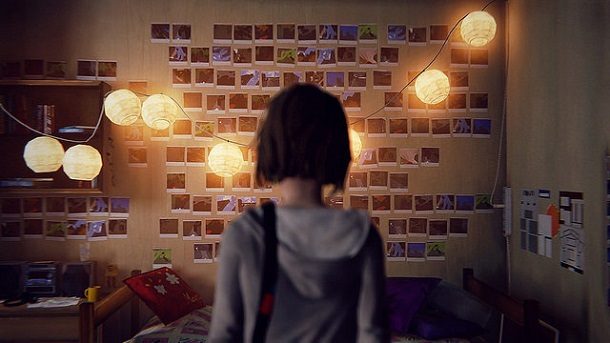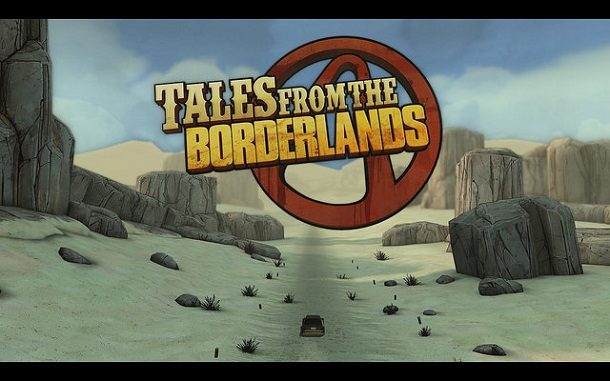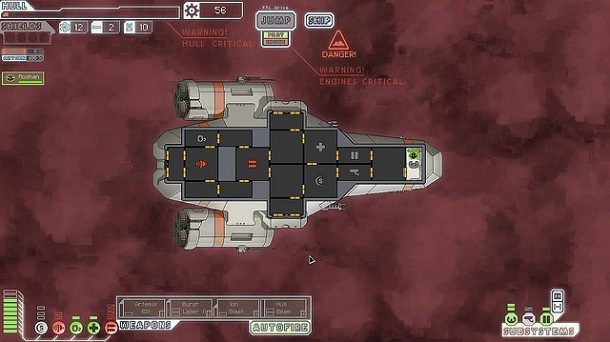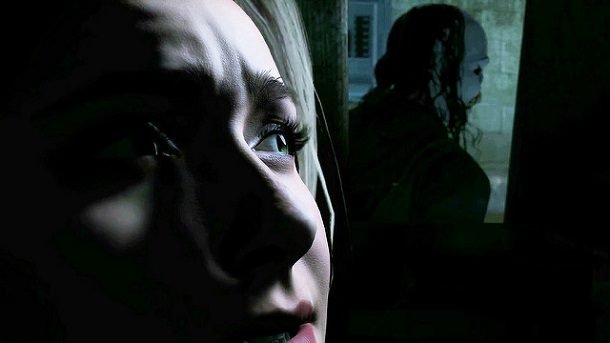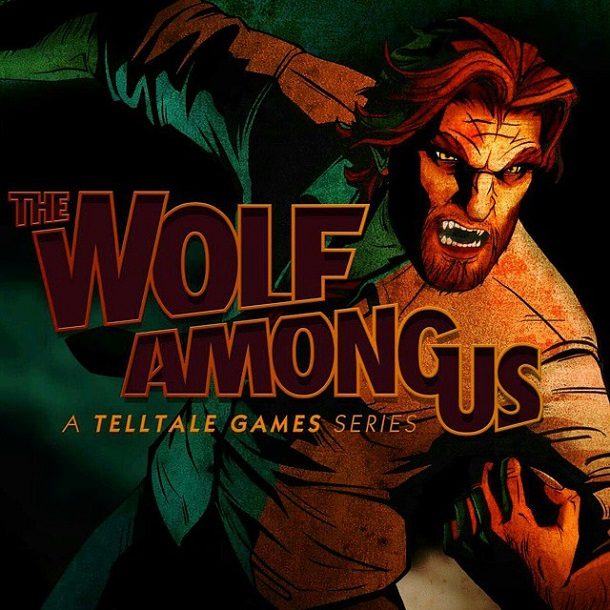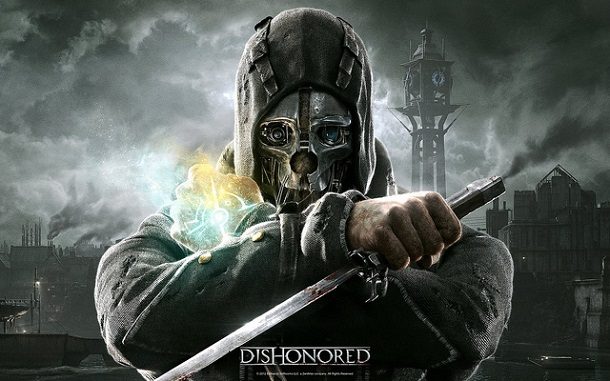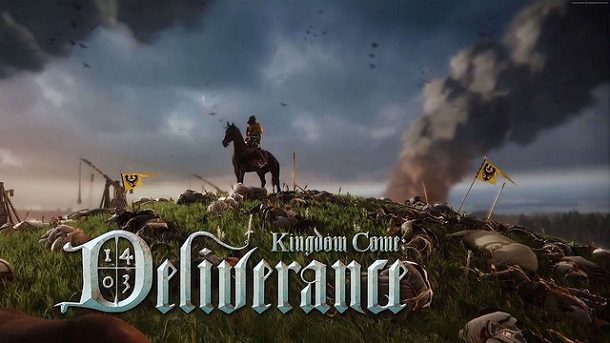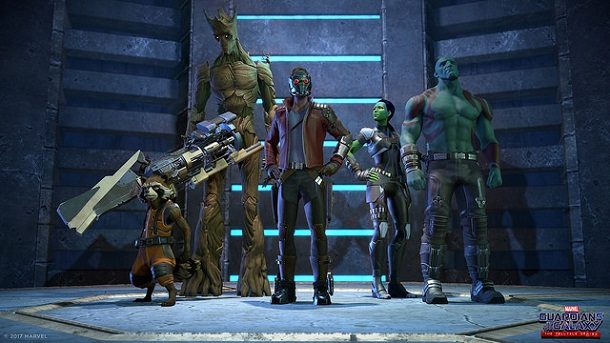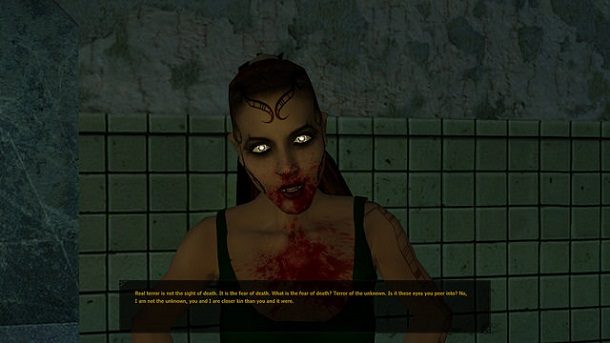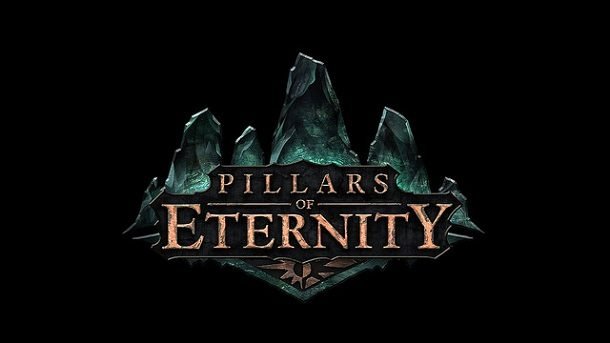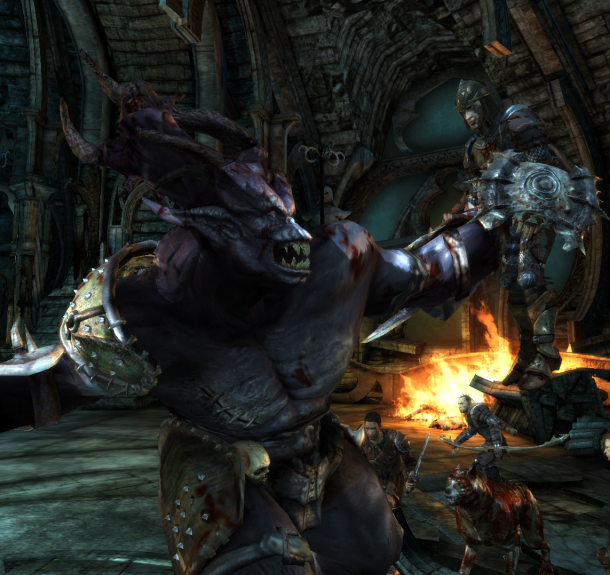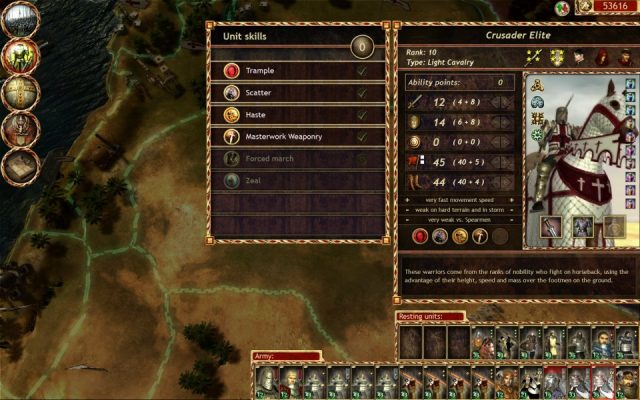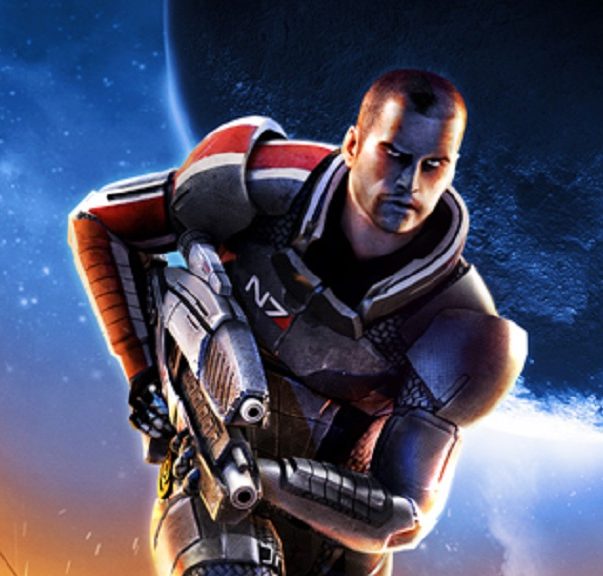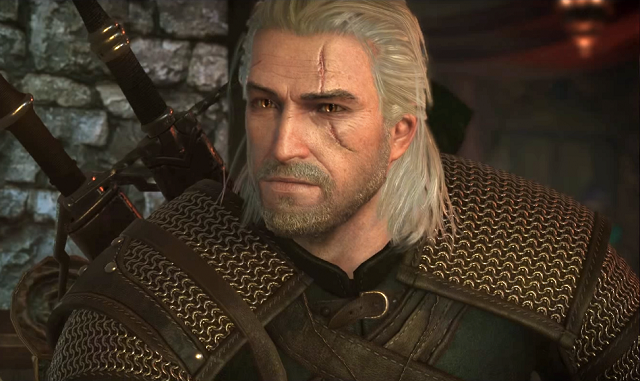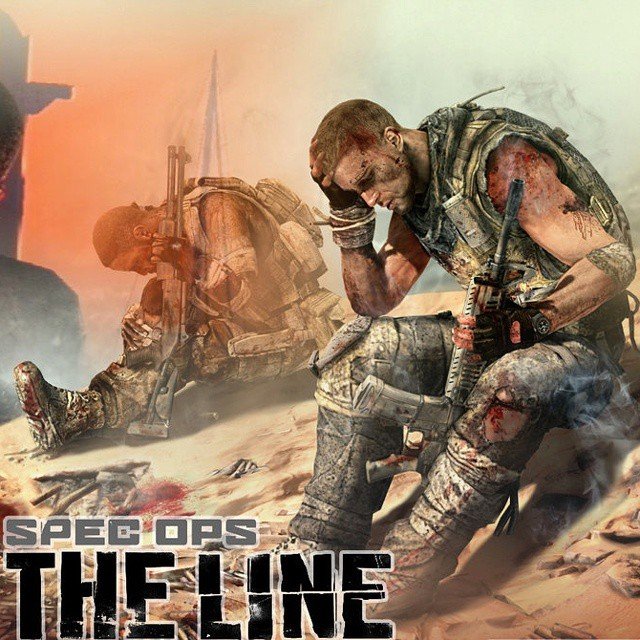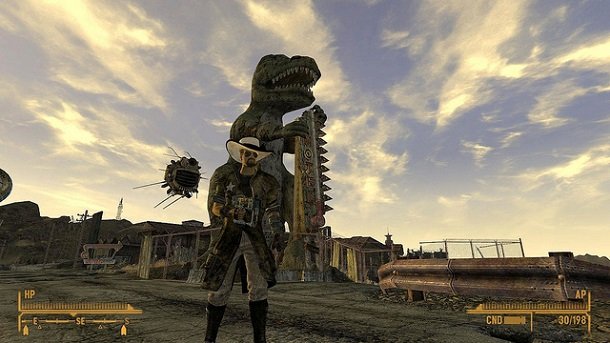We’ll never forget having to choose which character would live and which one would die within the first few hours of the game. Threaten the wrong person, and they might not give up vital clues that could lead to the killer. Do certain quests, and it could lock away other paths and leave clues unfound. Westerado makes anything you do have consequences and, with the random nature of the game, it makes every play-through different from the last. Making strange and questionable choices in the game will result in strange and odd situations, making this game a must play for those who enjoy the art of narrative. It’s in these therapy sessions where the game determines what type of play-style your playing, then it’ll change the game accordingly. Based on your answers, during these sessions, the rest of the game will alter certain aspects of its world to reflect your answers. Throughout its main story, you make a number of important decisions. Most of Tyranny’s biggest choices come from its Conquest mode at the beginning of the game. Conquest acts as a prologue to the main game and it has you making monumental choices that you get to see the effects of later in the game. Most of the games choices have to do with the overarching conflict between the game’s two major factions and which one you’ll favor throughout the story. Will you have what it takes to complete these twisted challenges, such as mutilating yourself or killing a former criminal with a family of his own? If not, you risk the chance of the Origami killer taking your son’s life. The choice is up to you. At first, many choices you make seem like simple teen drama, but the game quickly evolves and puts you in life or death situations. Early on, if you didn’t make a number of small decisions, it could result in the death of a character. The moral decisions may have lasting effects in game but could very well have lasting effects on the player as well. In Pandora it pays to have friends and the allies you make throughout the game will play a big part in the finale of the game. If you haven’t made the right connections, you won’t see many characters a second time at the end of the game. While it may seem like the biggest choices are what weapons to equip, the choices you make could mean the difference between saving the galaxy and dying in a horrible explosion. This game has many small random encounters that test your moral limits. Do you send a few crew members down to a planet to help civilians knowing they could die in the process? Do you buy a slave in order to gain a new crew member or do you blow the dirty slavers out of the sky along with the slaves? What’s more important—the mission or what is right? It won’t be easy. Even small choices could result in the death of a character. It’s up to you to navigate all eight characters through this amalgamation of horror movie tropes and make the right decisions for all eight to survive. Like most of Telltale’s games, your choices don’t change much of the story as a whole. No, in The Wolf Among Us, the choices you make will determine what kind of Bigby Wolf you’ll be. Will you be the hero of Fabletown, always doing the right and just thing, or are you willing to take the law into your own hands, killing those who seek to kill you before you can solve the mystery? Your actions towards other characters also play into the final scene of the game as you try to get the people of Fabletown to trust your judgement. Papers, Please prompts you with many decisions, from deciding whether food or heat is more important for your family, all the way to helping a secret organization take control of the country. Every choice you make factors in to what ending out of twenty you get. While the story is rather linear, the choices you make as Henry can alter many side quests as well as what people think of you. Your choices decided what kind of person Henry is. For instance, do you throw cow feces at someone’s house for bad mouthing the king or do you run the errands that your dad gave you like a good boy? History may be set in stone in Kingdom Come: Deliverance, but there are many different paths Henry can walk down to get there. Whichever one you prefer, you get to make the ultimate choices between the light and dark sides of the force. But really, who doesn’t want to be a Sith Lord? Search your feelings, you know it to be true! But none did this as well as Telltale’s “Guardians of the Galaxy.” You take control of Guardian’s leader Star Lord as you go on a mission to save the galaxy, again. Not only do your words change how other characters react to you, but your actions change the path of the story as well. Resulting in the villain’s plans changing as well as the characters you end the game with. Some of Pillars of Eternity’s best moments are in the small choices, like stumbling upon a quest-line you weren’t expecting, or even smaller encounters you’ll experience later in the game. Not only that, but the ending you get will be determined by your actions as you play the game, resulting in a number of different ending cutscenes. Any way you look at it, the actions you make are shrouded with a thick layer of moral ambiguity. With an emphasis on a more bittersweet ending, Dragon Age: Origins sets itself apart in a crowd of other games like it. It’s all about making political choices while trying to expand your rule. Even the smallest of choices have lasting effects on the course of history. With four video games, seven novels, a comic series, an animated movie, and even a theme park ride, Mass Effect has become one of the most influential gaming titles in recent memory. The game throws into a galaxy of aliens, space battles, and political intrigue as you take control of Commander Shepard. Over the main trilogy, your choices have lasting impacts on characters throughout the three games. Choices you make could see some of your most beloved characters dead; and, they stay dead. You could lose a character in game one and never see them again while another person could have that character with them at the end of the series. This causes you to consider the consequences of your actions in a very serious way. The game forces you to think like a commander of troops who’s trying to keep their squad alive. For a good portion of the game you make small choices that determine what type of Witcher you’ll be. But (Spoilers) things pick up once you are reunited with Ciri around the end of the second act. From that point forward, what you say and do cause a ripple through the rest of the game, which could end in a number of different endings, both good and bad. Imagine playing a game for forty odd hours and getting a “bad” ending. Choose wisely. Whenever it seems like Spec Ops gives you limited options, it hides a number of other solutions. It could be whether you engage the enemies, try to solve it peacefully, or execute one of two criminals. All of these have alternative solutions, but it’s always up to you how to go about the situation. Spec Ops: The Line makes it increasingly difficult to be an upstanding soldier as you progress through the story, but not impossible. Your reputation carries a lot of weight in the Mojave Desert and entire factions, quests, and plots could be locked off from you because of your previous actions. So, you might wanna be careful who you piss off. Want more video games? You need to check out 25 Creepiest Video Game Easter Eggs
